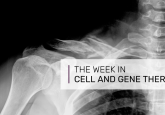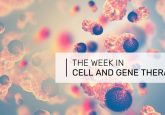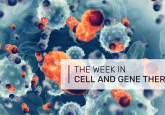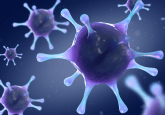Industry updates with Dusko Ilic: November 2019

Read highlights from the latest installment of Dusko Ilic’s industry updates, which discuss the latest developments and news in regenerative medicine and stem cell research, and are published every month in Regenerative Medicine.
Every month, Dusko comments on news of note. Read the full update for November 2019 in Regenerative Medicine here>>
What happened this month that you were expecting?
Lineage Cell Therapeutics (CA, USA) has provided an update on the company’s oligodendrocyte progenitor cell 1 (OPC1) therapy currently being tested in a Phase I/IIa clinical trial, the SCiStar StudY, for the treatment of acute spinal cord injury. The results of the clinical trial had proved naysayers wrong. Tremendous improvements to quality of life and independence!
What happened that surprised you this month?
US FDA (MD, USA) has approved a Phase I/II clinical trial evaluating safety and efficacy of Hope Biosciences’ (TX, USA) autologous, adipose-derived mesenchymal stem cells for Alzheimer’s disease. Nothing newsworthy there. The surprising part is a partnership with Altoida (TX, USA), a predictive digital biomarker company.
Altoida has created an application that utilizes augmented reality, machine learning and active digital biomarkers to classify a patient’s risk for mild cognitive impairment due to Alzheimer’s disease. Altoida’s medical device is validated by 12 peer-reviewed publications and, in clinical studies with more than 4,000 patients, this FDA and CE-cleared medical device detects patterns of cognitive decline with 94% diagnostic accuracy between 6—10 years prior to the onset of symptoms. The gamified collection of functional and cognitive data by utilizing tablet or smartphone sensors takes 10 minutes only and is the world’s first cognitive measurement of micro-errors with active digital biomarkers. Wow!
If we only read about one story this month, what should it be?
The first data from clinical trials using CRISPR/Cas9 met our expectations. CRISPR Therapeutics (Zug, Switzerland) and Vertex Pharmaceuticals Incorporated (MA, USA) have announced positive, interim data from the first two patients with transfusion-dependent beta-thalassemia and severe sickle cell disease. Hematopoietic stem and progenitor cells were collected from peripheral blood and edited using the CRISPR/Cas9 technology, before the edited cells were infused back into the patients as part of a stem cell transplant. Following the press release, CRISPR Therapeutics have announced the pricing of an underwritten public offering of 4,250,000 common shares at a public offering price of US$64.50 per share, hoping to collect US$275 million. No doubt that they will.
Read the full industry update for November 2019>>
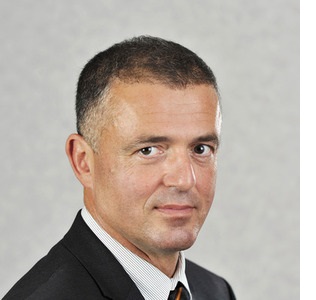
Dusko Ilic is a Senior Lecturer in stem cell science, coordinator of the cross-divisional postgraduate program in stem cells and regenerative medicine, and Head of the Induced Pluripotent Stem Cell Core Facility at King’s College London (London, UK). He is also Head of the Assisted Conception Unit’s Human Embryonic Laboratories at Guy’s Hospital (London, UK). He is also a member of the editorial board of the journal Regenerative Medicine, where he writes the Industry Report, a regular feature compiling information from non-academic institutions in the field of stem cells and regenerative medicine
